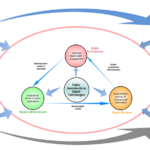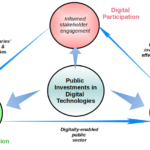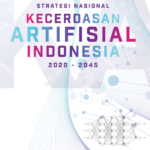It seems that the Motorotola Solutions Foundation (http://responsibility.motorolasolutions.com/) is having second second thoughts about the mobile apps mapping research we have proposed. I got an email from our counterparts there asking for additional information. Below is that I sent.
1. UN and UNDP guidelines are clear in terms if the way we can engage with the private sector. One of the golden rules of such engagement is that we cannot endorse in any way or form any company or product. Also, no procurement commitments are envisaged from the UN or UNDP side.
2. The UN has clear guidelines on this. Please download from here:
Please check the section on Modalities to see the different type of partnerships and how what we have proposed encompasses at least two of them. We can thus conclude that the UN has very similar limitations as most US foundations when it comes to working with the private sector.
3. One of e key roles of UNDP HQ is to be a knowledge broker and knowledge manager for developing countries, our partners and development practitioners. A great deal of this task handled by the Bureau for Development Policy which operates at the global level and thus can furnish comparative inter-regional knowledge to any of your 135 country offices.
4. UNDP knowledge products are geared towards supporting policy development and programme implementation at the country level. The creation of such products involved academic research, data analysis and programme country inputs which serve as evidence for the research. The target audience of such products is usually policy makers and developing practitioners in developing countries.
5. Just like academic and development research, UNDP knowledge products do not include endorsements of any specific products or companies (even if finance and co-financed by the private sector) nor do they recommend specific brands to use or companies to contract for programme implementation.
6. The proposed mobile applications mapping for Africa and other developing countries has the same approach. The core idea is to identify locally developed mobile solutions that address a socio-economic need (health, education, participation, service delivery). The emphasis is not on the technical nature of the solution but on its social potential tackle a specific gap or need.
7. For additional examples of the type of knowledge products we do here at UNDP please see:
http://www.beta.undp.org/content/undp/en/home/librarypage/poverty-reduction.html
http://www.beta.undp.org/content/undp/en/home/librarypage/democratic-governance.html
8. I am also attaching our latest research on UNDP ICT for Development programme which maps the activities we do in that area by region and practice.
Cheers, Raúl





